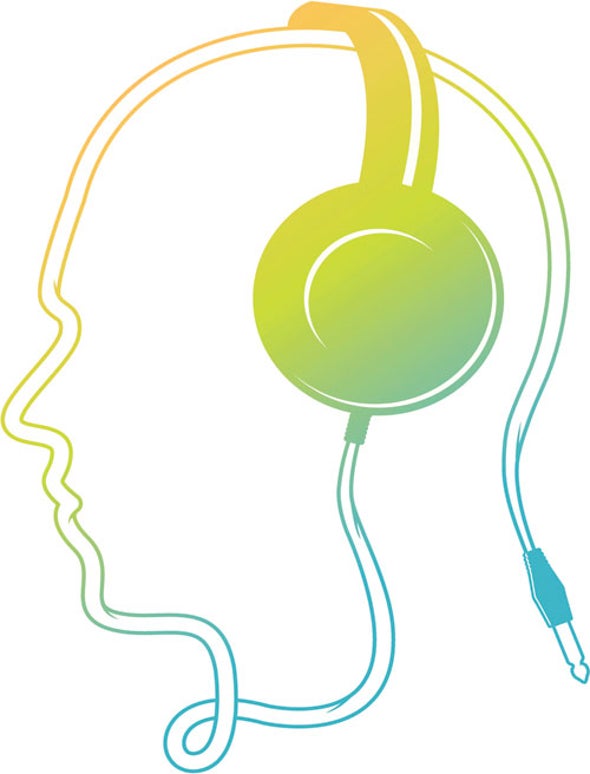
It has been scientifically proven that music has a powerful
effect on the brain. Recent research has revealed that music can help many aspects
of the human brain, including stress relief, pain reduction, memory, and brain
injuries. For stress relief, it was discovered that it depends on the kind of
music you listen to, “relaxing music can alleviate stress by lowering cortisol
levels, which is the hormone released in response to stress” (The Tabernacle
Choir). Studies convey a link between listening to music and decreased stress in
pediatric emergency room patients. Music also helps with pain reduction as it
was discovered that music is very helpful for fibromyalgia patients. This
study also revealed that your own choice of music heavily effects your reduced
pain and increased functional mobility. This is believed to be caused by music
triggering opioids in the brain. This was confirmed in a 2013 study when, “people
given the opioid blocking drug, Naltrexone, experienced less pleasure while
listening to their favorite song, suggesting music activates the release of
pain-relieving opioids” (The Tabernacle Choir). Music has similarly been closely linked
with improving memory. Listening to music can take your mind back to memories
that you may have stored deep in your brain. In a study with patients who have
dementia, the results showed that listening to music and singing improved mood
orientation, remote episodic memory, attention, executive function, and general
cognition. Singing also enhanced short-term and working memory of the patients.
Music has had a large impact on the recovery from seizures, strokes, and other
brain injuries. It was reported that people with epilepsy respond differently
to music than people who do not have epilepsy. “Persons with epilepsy synchronize
before a seizure. However, in our study, patients with epilepsy synchronized to
the music without having a seizure”, said Christine Charyton. Stroke patients
who listened to music in the early steps after a stroke showed a major
improvement in recovery. Music helped to better the verbal memory of the stroke
victims by 60 percent. This information was what led a treatment called Melodic
Intonation Therapy, that was developed to aid stroke survivors to be able to
communicate again. The purpose of it was to convert singing in to speech. Music
has many positive and negative effects that have helped create the debate if it
is good or not. I believe that the benefits of music on the brain outweigh the detriments
that it has and if listeners are responsible then music will positively affect
them.
Works Cited:
"Music Lessons Combat Poverty's Effect on the Brain." Scientific American,
www.scientificamerican.com/article/ music-lessons-combat-povertys-effect-on-the-brain/. Accessed 28 Jan. 2019.
"The Powerful Effect of Music on the Brain." The Tabernacle Choir, 1 Feb. 2018,
www.thetabernaclechoir.org/articles/
the-powerful-effect-of-music-on-the-brain.html. Accessed 28 Jan. 2019.
Great work Will! Similarly I investigated the effects of listening to music on people for my blog posts. It is interesting that we both noted that music can improve memory, reduce stress, and is imperative in therapeutic use for some patients. Did your research in regards to the positive effects of music cause you to listen to music more frequently to improve your academic work?
ReplyDeleteGood writing will. I like the topic you chose first of all. The research that you stated I see in real life. Listening to music makes me work faster, with less errors, and with less stress. Will your image is fitting as well, with the headphones and AUX cord. Because our body and brain specifically are so complicated, learning about what we do most repetitively like listening to music, I see will help us not loose our hearing! Good work will. Have you ever tried working in complete silence and noticing how different it is than sitting in a room with three people talking, and music playing?
ReplyDelete